Artificial Intelligence Statistics You Need to Know [2023]
Chat GPT, Bing Chat, Adobe Firefly - artificial Intelligence (AI) tools seem to be dominating the news cycle and for good reason. AI is revolutionising the way businesses operate across industries, from healthcare to finance, SaaS to marketing. By using AI, businesses can automate tasks, analyse large amounts of data quickly, and gain insights that were once impossible to obtain which is why world-leading businesses are flocking to it in droves. In 2020 alone, Facebook, Apple, Microsoft, Google, and Amazon acquired 13 different AI startups, so all signs point to a major technological culture shift.
But just how much has AI impacted the wider economy and how will consumer behaviour be affected? While we can speculate, I prefer to base my opinion on fact. So we’ve put together some stats and facts about AI and how we can expect it to impact the business world for decades to come.
AI Statistics: Editor's Picks
- The AI market is expected to grow 120% YoY.
- AI can increase productivity by 40%.
- Netflix has saved over $1 billion using machine learning through its Netflix Recommendation Engine.
- 61% of employees say that AI helps their productivity.
- 50% of consumers are now optimistic about AI, while fewer than half of consumers believe they understand it.
- 91.5% of world-leading leading businesses, including Google, General Motors, Pfizer, and CVS Health have invested in AI technologies.
AI in Business
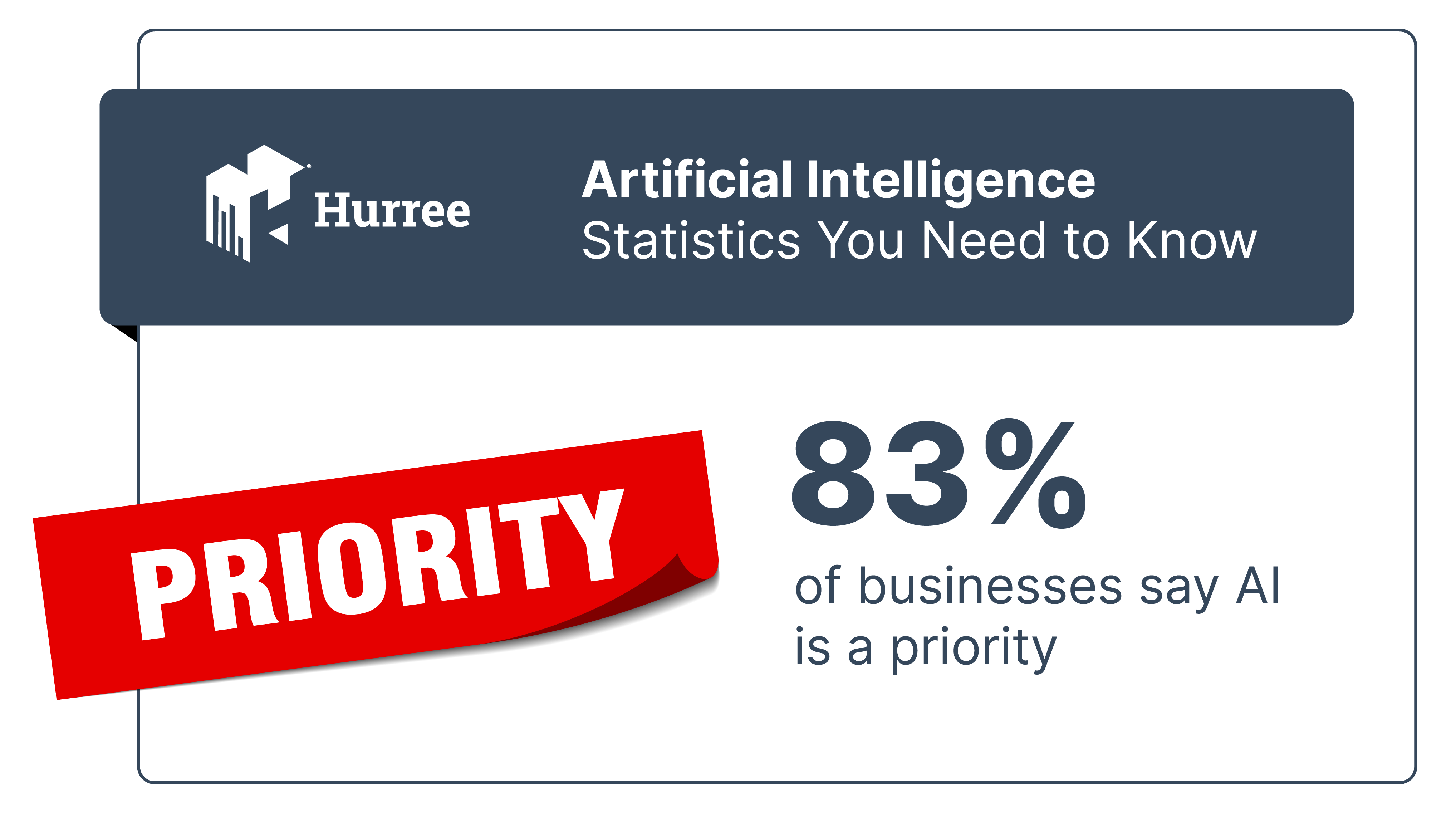
According to market research, the global AI market size was estimated at $119.78 billion in 2022, with projected growth expected to reach over half a trillion U.S. dollars by 2024. Precedence research suggests that the market will grow to over $1.5 trillion by 2030, demonstrating a compound annual growth rate of at least 120% year-over-year. This demonstrates the increasing adoption of AI by businesses worldwide.
Business leaders are recognising the potential of AI and view it as a key part of their strategy. A Forbes article suggests that 83% of executives believe AI is a strategic priority for their businesses today. Additionally, 75% of executives say that AI will allow them to move into new businesses and ventures. The potential for AI is further highlighted by the fact that more than nine out of ten businesses have ongoing investments in AI, with a third already using AI, and a further 37% having plans in place to invest in the technology. In fact, 91.5% of world-leading businesses including Google, General Motors, Pfizer, and CVS Health have invested in AI technologies.
However, there are some factors to consider. Around 77% of CEOs are also worried that AI automation will disrupt business practices. It will take time, and trial and error for many businesses to implement far-reaching AI solutions, but the shift is already happening.
Benefits of AI
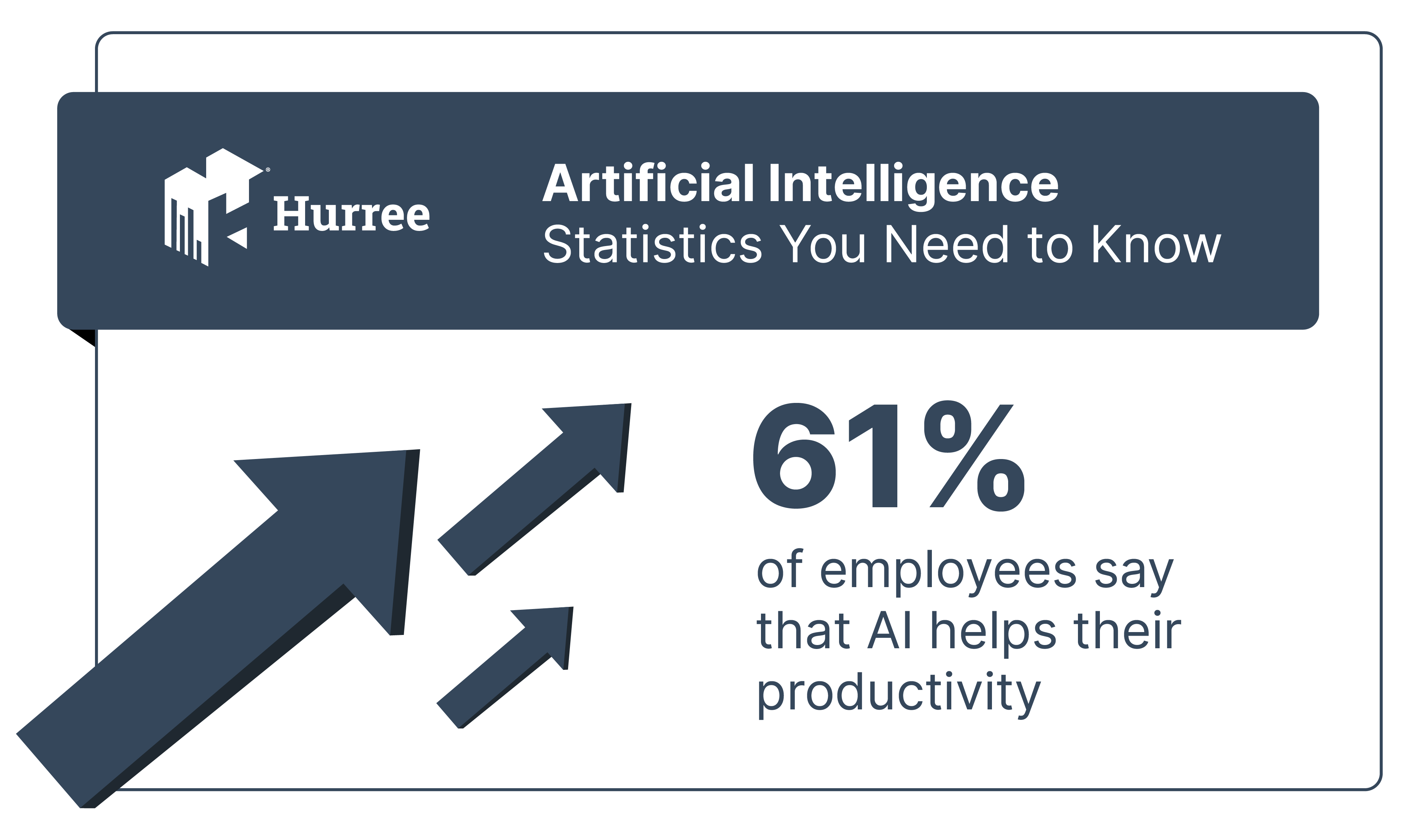
This wholesale shift is due in large part to the benefits of AI, including cost reductions, revenue growth, and improved customer satisfaction. In 2023, it is predicted that businesses using AI for digital commerce should expect more than a 25% improvement in customer satisfaction, revenue, or cost reduction. This will have a significant impact on the global economy, with potential contributions of $15.7 trillion by 2030.
Even employees are jumping on the AI train – 61% say that AI helps their productivity. That could be why 63% of companies surveyed plan to increase or maintain AI and machine learning spending in 2023.
The Future of AI
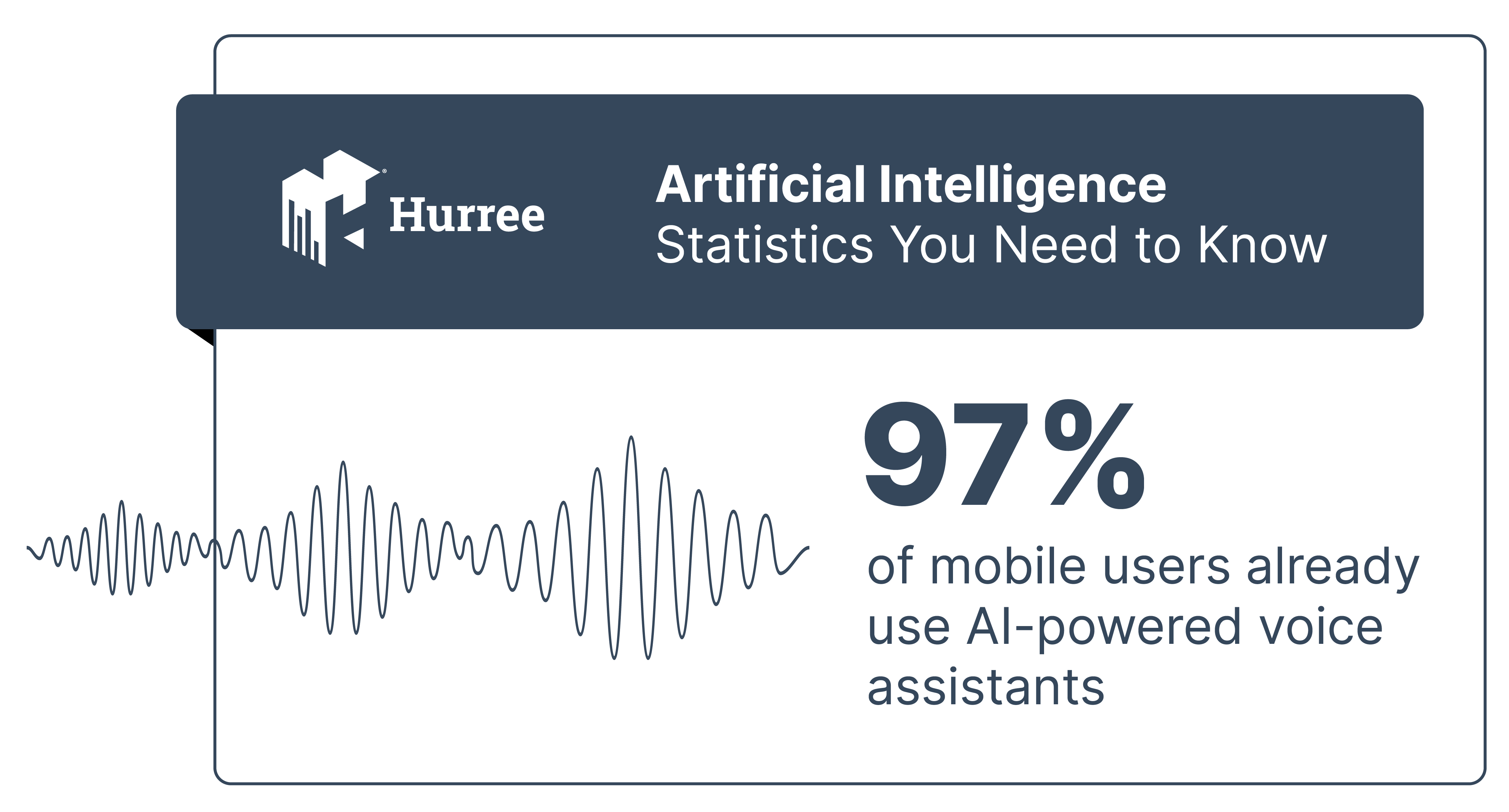
AI is not just limited to businesses, as consumers are increasingly using AI-powered voice assistants. A staggering 97% of mobile users are using AI-powered voice assistants, according to a recent survey. However, there is still a preference for human interaction, as 60% of people still prefer to speak to a live customer service representative. 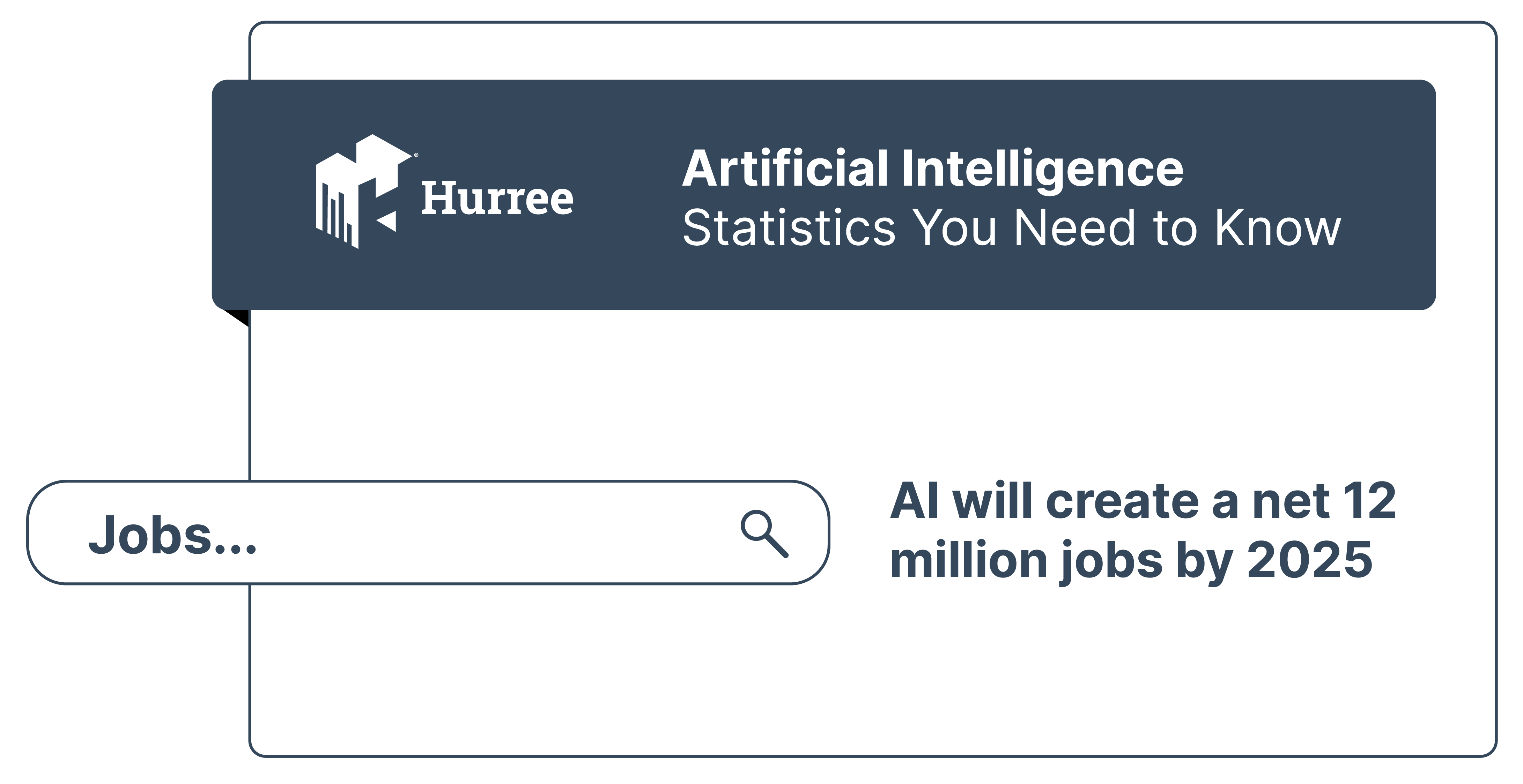
As the world becomes increasingly reliant on AI, there are concerns regarding its impact on jobs. The World Economic Forum predicts that 85 million jobs will be eliminated, while 97 million new ones will be created thanks to AI by 2025. That’s an overall addition of 12 million jobs. It is crucial for businesses to balance the benefits of AI with their impact on the workforce.
Consumer Attitudes Toward AI
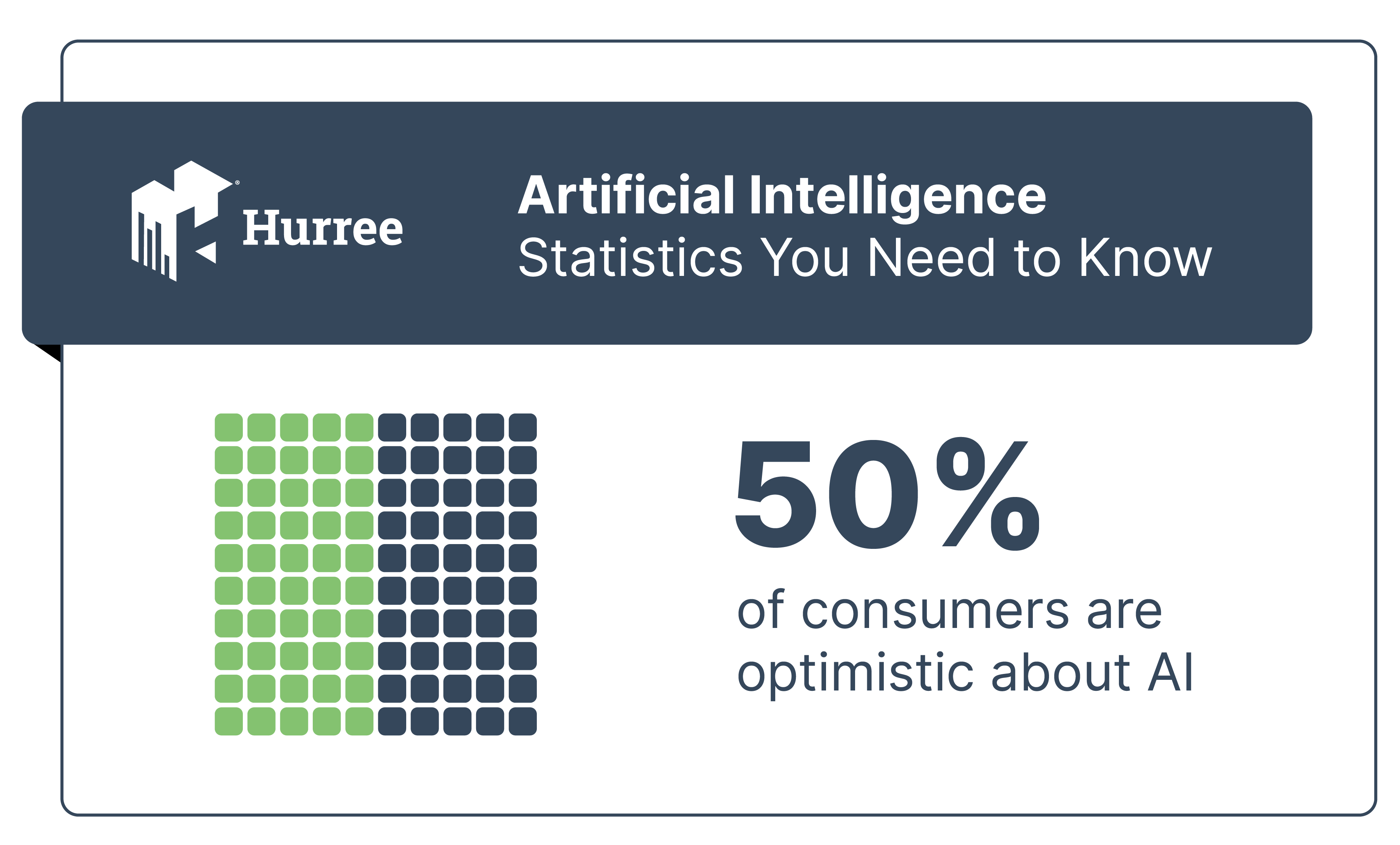
Consumer attitudes towards AI are slowly but surely evolving. According to a study by Blumberg Capital, 50% of consumers are now optimistic about AI, signalling a growing acceptance of this technology. However, the study also found that fewer than half of consumers believe they understand AI. In 2019, 62% of consumers said they were willing to use AI to improve their experience. That was an uptick from 59% in 2018, so perhaps trust in AI technology is on the rise.
However, there is still some work to be done in educating the public about the capabilities and limitations of AI. As businesses continue to implement AI-powered solutions, it will be crucial for them to communicate clearly and transparently about their use of the technology to build trust with their customers. This will not only help to dispel any misconceptions or fears but also ensure that consumers are fully aware of the benefits that AI can bring.
The above statistics highlight the growing adoption and importance of AI in businesses today. As companies continue to explore the implementation of AI, it will be essential to recognise its potential and ensure its responsible use. As with any technological advancement, the benefits must be balanced against the potential risks, and this requires a proactive approach by both businesses and policymakers.
Data and analytics are an essential part of implementing a successful AI strategy. Did you know that you can try Hurree for free, no credit card required? Get started now.
Share this
You May Also Like
These Related Stories
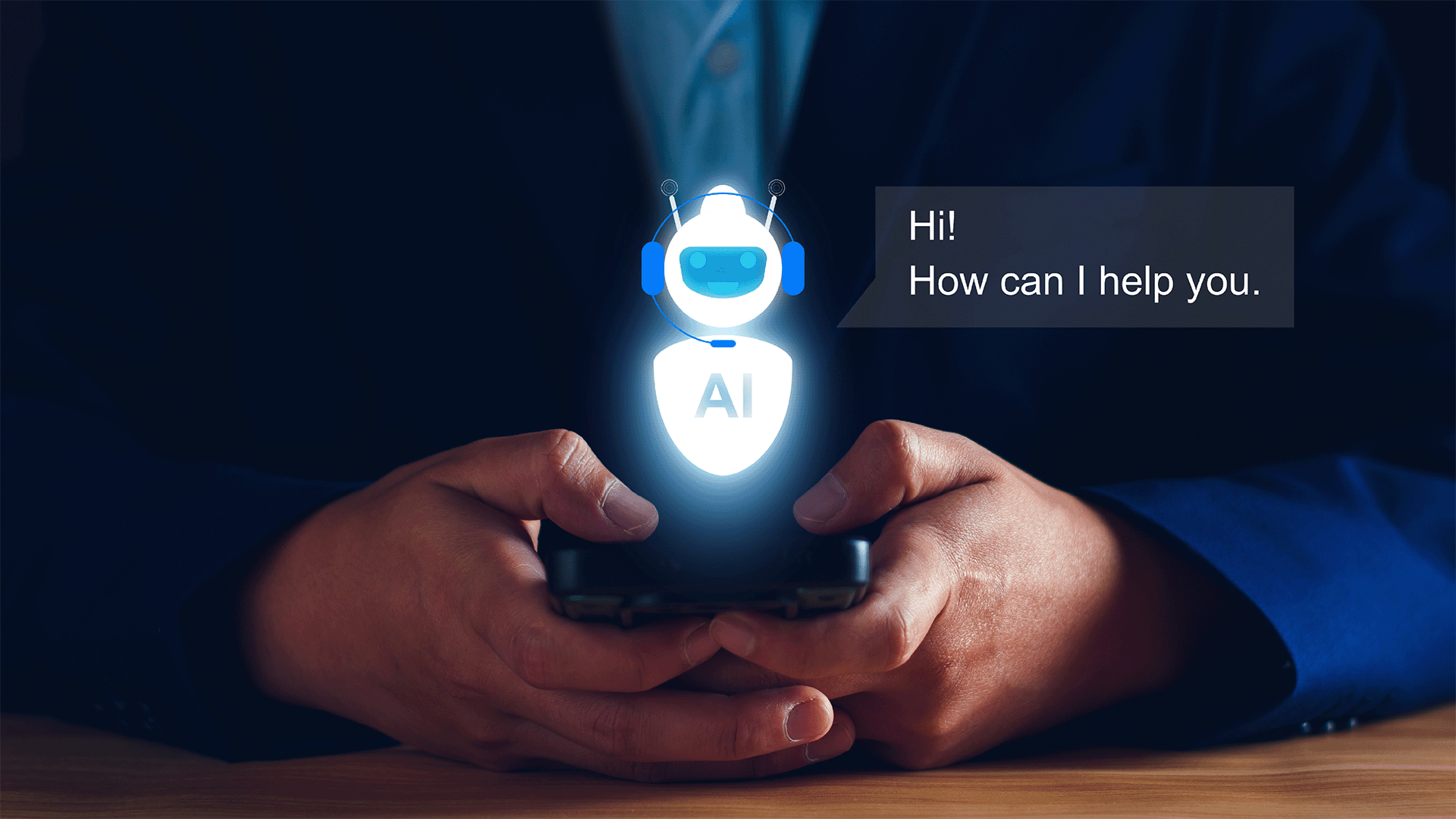
The Top AI Tools for Successful Marketers

Leading Teams Through the AI Revolution


